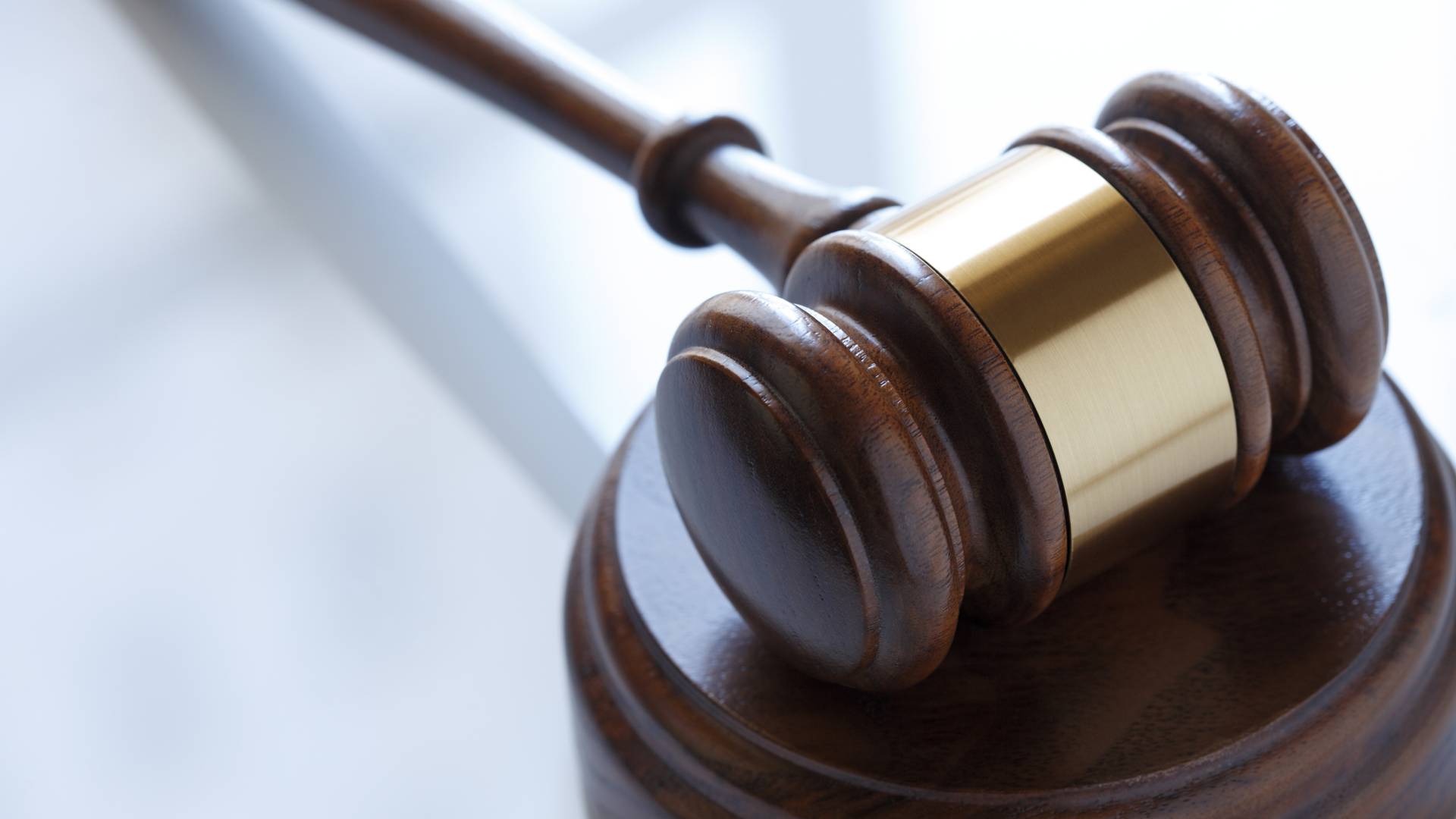Being pulled over by law enforcement can be confusing and stressful, particularly if the stop involves a check for drug possession. Understanding your rights during such encounters in Corona, California, is crucial to ensuring the situation proceeds without unnecessary contention. Armed with the right knowledge, you can protect your legal rights and make informed decisions throughout the process. Let's explore the rights and actions you should be aware of during a drug possession traffic stop in Corona.
Understanding Your Rights During a Traffic Stop in Corona, CA
It is important to be aware of your rights when stopped by police in Corona. These rights include protection under the Fourth Amendment, which guards against unreasonable searches and seizures. In California, police officers cannot legally search your vehicle without your consent, probable cause, a valid warrant, or specific exceptions such as exigent circumstances or incident to arrest. During a stop, you must show your driver's license, vehicle registration, and proof of insurance. However, you are not obligated to answer questions that are not directly related to the identification process.
Should an officer seek to search your vehicle or person without obvious evidence of illegal activity, you have the right to refuse. Politely declining without consent ensures clarity in your stance and prevents unauthorized searches, unless they have legitimate grounds. Remaining composed and clear about your rights during these interactions can help deter escalation and misunderstanding.
You may legally record law enforcement during a traffic stop in California, provided you do not interfere with their duties and you inform them if the recording includes audio, in compliance with California’s two-party consent law (Penal Code § 632). Keep interactions respectful and concise to minimize the risk of conflict or misinterpretation. Remember, your conduct influences the overall atmosphere of the stop.
Responding to a Potentially Unlawful Traffic Stop
If you suspect that the traffic stop is unwarranted, it's essential to handle the situation methodically. Gather pertinent details such as officer badge numbers, patrol car information, and the exact location and time of the stop. This information may be vital if disputes or legal challenges arise later.
When questioning the reason for the stop, assertively yet respectfully ask officers for their grounds for the search or detainment. Remind them that you do not consent to any search not backed by a warrant. By stating this clearly, it supports your legal stance if the situation escalates.
Once the situation concludes, promptly consult a lawyer. Legal professionals at Michael J. Lacilento, Attorney at Law can review the incident's specifics, providing advice on how to proceed and protect your rights moving forward. Swift legal counsel enhances your understanding and positions you more effectively for defense.
Legal Obligations for Providing Information
In California, you are legally required to present your driver’s license, vehicle registration, and proof of insurance when asked by law enforcement. Beyond these documents, any additional questions, especially those probing into your private affairs, do not necessitate a response.
Under the Fifth Amendment, you have the right to remain silent, and exercising this right cannot legally be used against you as an admission of guilt. It is your right to inform officers that you prefer not to speak without legal representation. This strategic silence keeps you protected under the law, preventing self-incrimination.
Consent for vehicle or personal searches is not obligatory. If you wish to decline, articulate your refusal simply and calmly, ensuring it is understood that you do not agree to unwarranted searches. This preservation of rights supports your legal integrity during contentious exchanges.
Protecting Yourself from Potential Charges
To safeguard against charges, utilize your rights effectively during the stop. Maintaining composure and avoiding incriminating dialogue are crucial. Stick to essential communication, focusing on documentation verification unless legal representation is present. Consider each word carefully to mitigate charges unintentionally.
Securing the services of a legal advisor promptly after detainment is prudent. At Michael J. Lacilento, Attorney at Law, the legal team is equipped to offer detailed analysis and direction tailored to your situation, helping you assess the possible legal implications and your options.
Familiarity with local laws, such as those in Corona, strengthens your ability to interact positively during legal encounters. The counsel provided by experienced professionals in such environments is invaluable for navigating these situations with greater protection and awareness.
Recognizing When to Contact an Attorney
Reaching out to an attorney right after a traffic stop involving drug allegations is strategic. Early legal input gives you an edge in managing accusations, particularly when rights might have been overlooked. An attorney evaluates every aspect critically, ensuring that your actions align with the best possible outcome.
Given the gravity of drug possession charges, rapid attorney involvement in Corona enables you to establish a solid foundation for your defense. At Michael J. Lacilento, Attorney at Law, legal experts will analyze circumstances and help you construct a principled, cohesive response that aligns with your defense strategy.
Choosing to secure legal support promptly can mean a world of difference to the outcome of your case. Michael J. Lacilento, Attorney at Law’s commitment to aggressive defense strategies coupled with compassionate client support provides essential guidance at crucial moments. To discuss your case with our legal team, call us at (951) 335-0088. We are dedicated to assisting you through every phase of your legal journey with professionalism and care.
